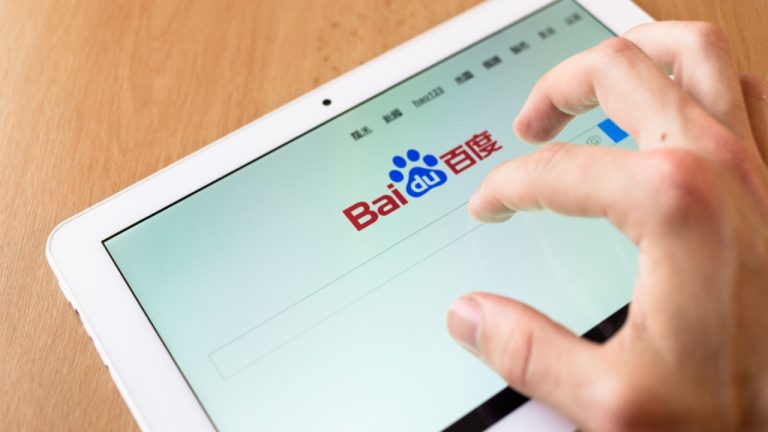
The U.S. imposed export restrictions of high-level AI chips to China last October, though Chinese companies are now finding new options to develop their technology.
The Chinese artificial intelligence (AI) chip market has been subject to ongoing export restrictions which imposed by the United States from October 2022, which prohibited the sale of certain U.S. products to China.
The U.S. initially blocked the export of the highest level of chips produced by companies like Nvidia and AMD. Under the initial October controls the companies were still able to export other models to China, such as Nvidia’s A800 and H800.
One year later on Oct. 17, the U.S. government announced an expansion of controls to “reinforce” the previous ones, which meant that all chip models would be embargoed from the Chinese market.
One of Nvidia's top gaming chips, the L40S chip is also affected by the latest export restrictions, which were immediately effective on Oct. 24.
However, on Nov. 9 the local Chinese media outlet STAR Market Daily reported that Nvidia has plans to release three new chips for China. The report cited people familiar with the matter and said the chips are called the HGX H20, L20 PCIe and L2 PCIe.
Nvidia reportedly could make the announcement about the new chips as early as Nov. 16. Cointelegraph has reached out to Nvidia for comment but hasn't yet received a response.
According to a quarterly report from Nvidia earlier this year, China is one of its largest markets, along with Taiwan and the U.S.
Related: Chinese president calls for unity on AI challenges and cyber development
Additionally, Chinese companies have been turning to domestic companies to fulfill their needs for AI chips.
On Nov. 7, Reuters reported that the Chinese technology company Baidu had ordered AI chips from Huawei in August of this year.
According to the report, Baidu ordered 1,600 of Huawei’s 910B Ascend AI chips for 200 servers. Huawei’s 910B chips are supposed to be an alternative to Nvidia’s A100.
The report said that by October, Huawei delivered more than 60% of Baidu’s chip order, which is roughly 1,000 chips and has a total value of approx. 450 million yuan ($61.83 million). The remaining chips are expected by the end of the year.
Baidu is one of China’s leading AI companies. In October it released its Ernie 4.0 AI system, which it says has an overall performance “on par with ChatGPT.”
Over the summer the Biden Administration reportedly said it is even considering adding restrictions on China’s access to cloud computing services.
Last week, United States Undersecretary of Commerce for Industry and Security Alan Estevez reiterated that fear to reporters at an event in Tokyo, particularly highlighting concerns over usage for military purposes.
Magazine: AI Eye: Get better results being nice to ChatGPT, AI fake child porn debate, Amazon’s AI reviews







